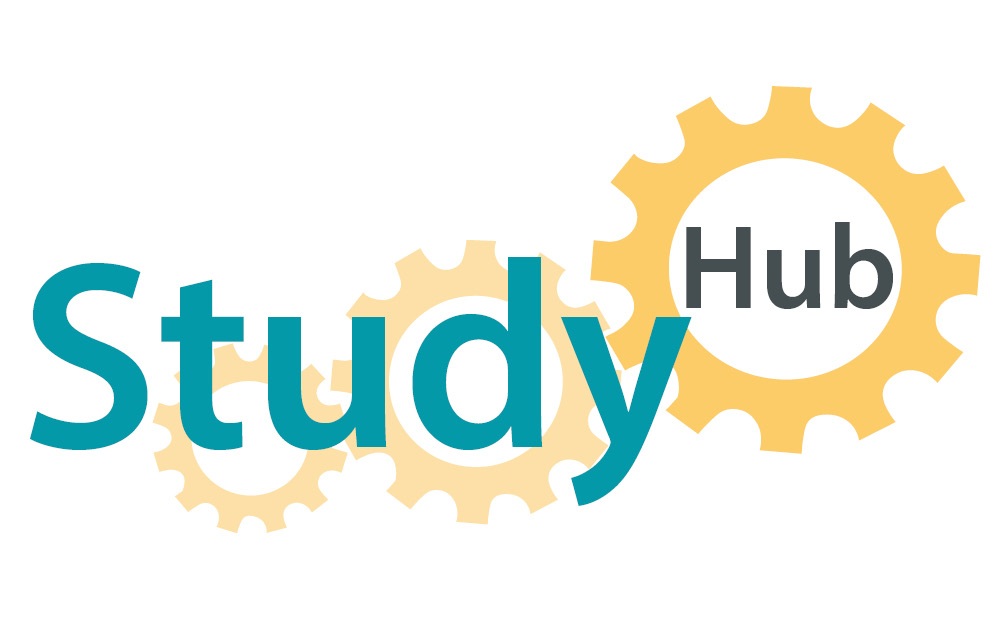 In this post, we asked students to share their reflections on academic change they experienced when transitioning to university.
In this post, we asked students to share their reflections on academic change they experienced when transitioning to university.
Critical thinking
Academically, the move from secondary school to university can be daunting. Your contact hours are slashed in half (if not more), and you’re suddenly expected to seek out and critique readings, rather than take them at face value. After years of being spoon-fed information only to regurgitate it in an exam, the academic style that university requires can be initially overwhelming. But don’t worry, the first year (or two) of university is designed to help you get to grips with this new style of learning.
Nonetheless, those first few months can be a shock to the system. It took me a while to understand what was expected of me in a university-level essay. Whilst at school I wrote essays similar in content to my peers, I now have the freedom to define and scope out my own research question. Seemingly a small change, but one that allows me to write about my interests and makes the whole process more enjoyable.
When I think of what I have gained at university (thus far), what stands out most is the development of my critical thinking. The ownership we are given to think for ourselves, and challenge academics’ views is certainly a step-up from the prescriptive, rigidly structured essays I have written before. The greater emphasis given to critical thinking at university is therefore a key transitional point, and a skill you will be expected to develop. Advice and resources for critical thinking are available on the Study Hub learning resources page: understanding what critical thinking is, and how to demonstrate it in an essay, is a key to academic success at university.
Rebecca
Studying in a foreign language
I was learning in a new language. I had to adapt to many accents, there were some words I did not understand, reading took longer – I had a constant headache for a month – and I did not know how to make my essays be formal and cohesive pieces. There is no magic trick to overcome this; I would say patience, effort, and willingness to improve make the perfect recipe for progress.
Ana
Independent learning
I was used to having classes from 9am to 3.30pm every day at school. And, in general, there were between 20 and 30 people in each class. In my first year at university, I had only 11 hours of class each week, and the class size varied enormously: from tutorials of around 10 people to lectures of around 300.
With less contact time came a greater amount of independent work, though. At school, I was never expected to do any outside reading: my teachers gave me all the information in class, and it was simply a case of revising it and then regurgitating it in exams. So, I initially struggled to adjust to doing a few intense readings for each lecture and tutorial in my own time.
Fraser
If you’re struggling to manage the transition to independent learning, take a look at the Study Hub Learning Resources webpages.
Different method of assessment
The assessment method was really different as well: I was used to memory-based exams, not essays, so the first time I was encouraged to give my opinion in a piece of academic work, I was a bit daunted. It is important to know what is expected of you, so carefully read the assignment instructions and don’t be scared to ask for clarification to your course tutor or lecturer, they will be happy to help!
Lastly, the UK marking scheme is peculiar in that it is a positive marking scheme; you start at zero and gain marks for the work you do. As opposed to others (e.g. negative marking where you start with 100 and lose marks for mistakes), it is almost impossible to get over 80%, at least in the social sciences. Understanding this way of marking will help you avoid disappointment when getting feedback.
Ana



